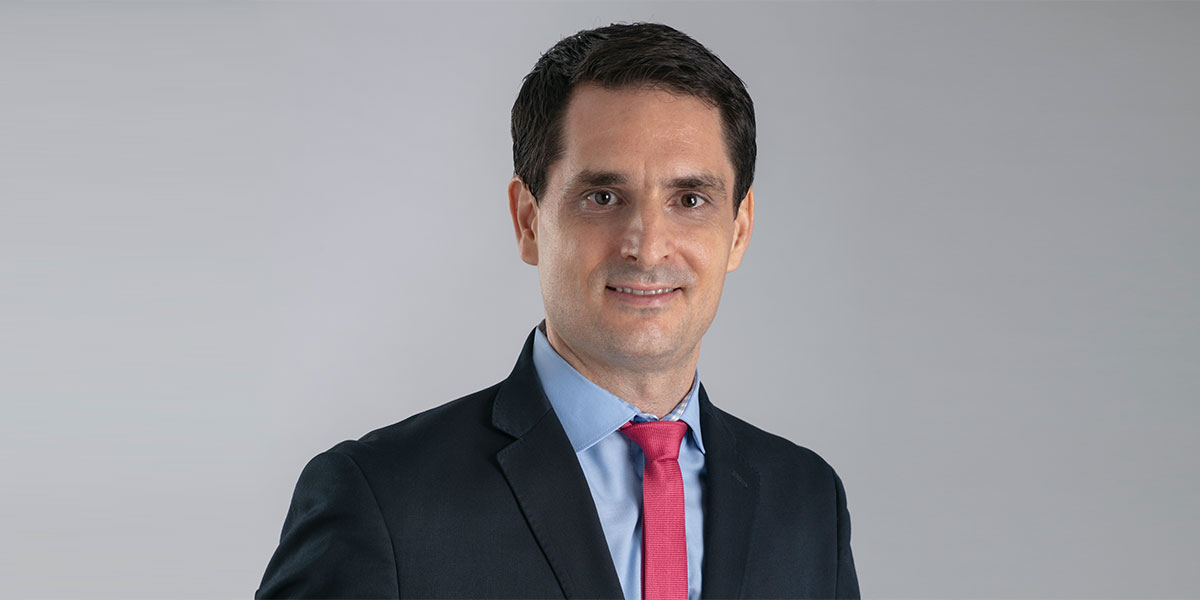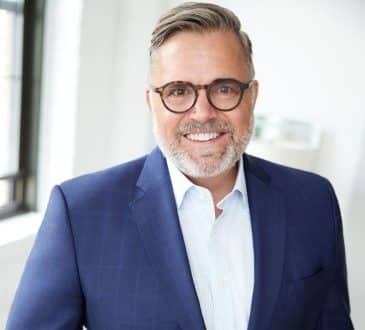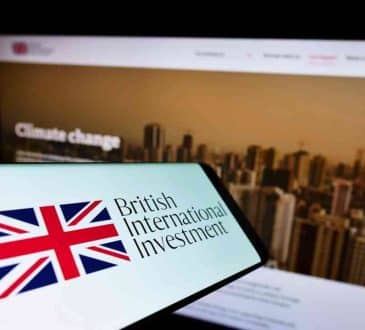Profit Redefined: America’s burnout epidemic is challenging CEOs to rethink their workforce model

The challenge to provide employees a real work-life balance has reached a new high during the Coronavirus pandemic. The most successful business models nowadays not only deliver customer and shareholder value, but also employee value. This topic is already on many US CEO desks. Burnouts, chronic stress, and even mental health issues are common consequences that have arisen in these unprecedented times.
In fact, many of these problems are caused more by current workforce definitions than by the pandemic itself. Surprisingly, workforce benefits in the US can somehow be compared to the ones in developing countries. Few vacation days, unpaid maternity leave, insufficient insurance, and lack of job stability are common issues. Even though you can find really good benchmark models at many large and modern companies such as Google, Zappos, or Salesforce, the reality in the majority of US companies and SMEs is quite different.
The pandemic has revealed a weak point in the US American business model: its overall workforce model. Many other high-income countries like the US have experienced challenges competing with low-wage countries, but investments in training and employment support, such as those that have taken place in Germany, give the workforce and their families a much more stable environment.
According to the OECD, Germans work up to 20 percent fewer hours annually compared to those working in the US. Annual leave of more than 25 days (excluding public holidays) is a given in German companies guaranteeing its workers paid vacation. Employees pay back with focused quality, innovation, and financial performance. This German business model still produces the highest-ranking number of market leaders in the industrial sector. There is no other country in the world such as Germany that boasts more than 1400 companies leading their niche.
The financial success of past years brought these companies stable finances and reserves to withstand the current crisis better than their international counterparts. Furthermore, benefits such as health insurance, illness pay, pension fund, and unemployment insurance give the employees the opportunity to have a healthy work-life balance. Because of this, CEOs and company owners in the US, especially at small and medium-sized businesses, are challenged to design a more holistic model.
I remember when I worked for Adidas at the headquarters in Herzogenaurach, Germany. It was very satisfying to experience such an outstanding performance and people-centered work culture. The founder of Adidas, Adi Dassler, said, “If you want a job done well, you must create the right conditions for it.”
Historically, the strong German trade unions and work councils have aimed at working together with their employers up to today striving for a circular business model where profitable growth goes hand in hand with people and planet initiatives. More flexible, healthier and greener conditions will be the work modus for the long-term and are basic requirements for the workforce.
— “Without people, planet, or purpose initiatives achieving profitable and sustainable growth is almost impossible. As a matter of fact, companies that combine workforce performance and benefits holistically are going to be the future market leaders.” Thomas Michael Hogg
Today, due to low job offerings in the labor market, companies still have access to talent and can define labor conditions. But as the US economy is growing at its fastest pace for more than 25 years, hiring will speed up tremendously in the next 12 months. The “New Work” trend will also certainly reach a new high. Productivity and profitable growth remain top objectives for CEOs, but at the same time the best talents will ask for more and more benefits. Home office, flexible hours, child / pet friendly policies, reduced overtime, more holidays, less business travel and social benefits are going to be crucial issues and factors influencing talent motivation, attraction and retention. By eradicating burnouts and providing a new wellbeing for employees, these factors will pay back with a more focused quality, innovation, and financial performance.
Of course, without profitable growth, CEOs won’t allocate more budget for HR initiatives or benefits. But decision makers cannot think only about the financial performance at any given cost. “Profit redefined” is a new way of management thinking where net profit is achieved and re-invested to “profit for” (benefit) your most important asset: your employees. Wellbeing and circular are trends that will become the new normal very soon at leading companies.
This does not only come true for large enterprises, but also, and especially, for small and medium-sized companies where many CEOs do not even have a sound HR strategy. Businesses are the backbone of any economy and are responsible for the wellbeing of society. Every CEO has to take employee issues, needs, and motivations into account thoroughly. The first step US companies can take to improve workplace wellbeing and overall productivity is to organize strategy roadmap workshops while discussing, designing, and incorporating the following four concepts: Profitable growth, employee wellbeing, customer satisfaction, and social responsibility.
A paradigm shift is taking place and circular business models are more important for strategy than ever before. Giving your people more freedom, free time, and clear goals will provide your company financial results and a completely new accountability mindset within your staff on taking up responsibility and caring about the business. So, promoting wellbeing and productivity is key for a sustainable and financially healthy business, in effect for both large corporations and small enterprises. The voice of the employee is as important as the voice of the customer. CEOs will be surprised as to how far and fast they can grow their company when they really take care of people by having a well-defined and long-term workforce strategy.
Commentary by Thomas Michael Hogg. Here’s what you’ve missed?
Best Hospitality And Hotel Management Schools In The World For 2021.
Best Fashion Schools In The World For 2021.
Best Business Schools In The World For 2021.
Best Medical Schools In The World For 2021.
Follow CEOWORLD magazine on Facebook, Twitter, Instagram, and LinkedIn.
Add CEOWORLD magazine to your Google News feed.
Follow CEOWORLD magazine headlines on: Google News, LinkedIn, Twitter, and Facebook.
This report/news/ranking/statistics has been prepared only for general guidance on matters of interest and does not constitute professional advice. You should not act upon the information contained in this publication without obtaining specific professional advice. No representation or warranty (express or implied) is given as to the accuracy or completeness of the information contained in this publication, and, to the extent permitted by law, CEOWORLD magazine does not accept or assume any liability, responsibility or duty of care for any consequences of you or anyone else acting, or refraining to act, in reliance on the information contained in this publication or for any decision based on it.
Copyright 2024 The CEOWORLD magazine. All rights reserved. This material (and any extract from it) must not be copied, redistributed or placed on any website, without CEOWORLD magazine' prior written consent. For media queries, please contact: info@ceoworld.biz
SUBSCRIBE NEWSLETTER








